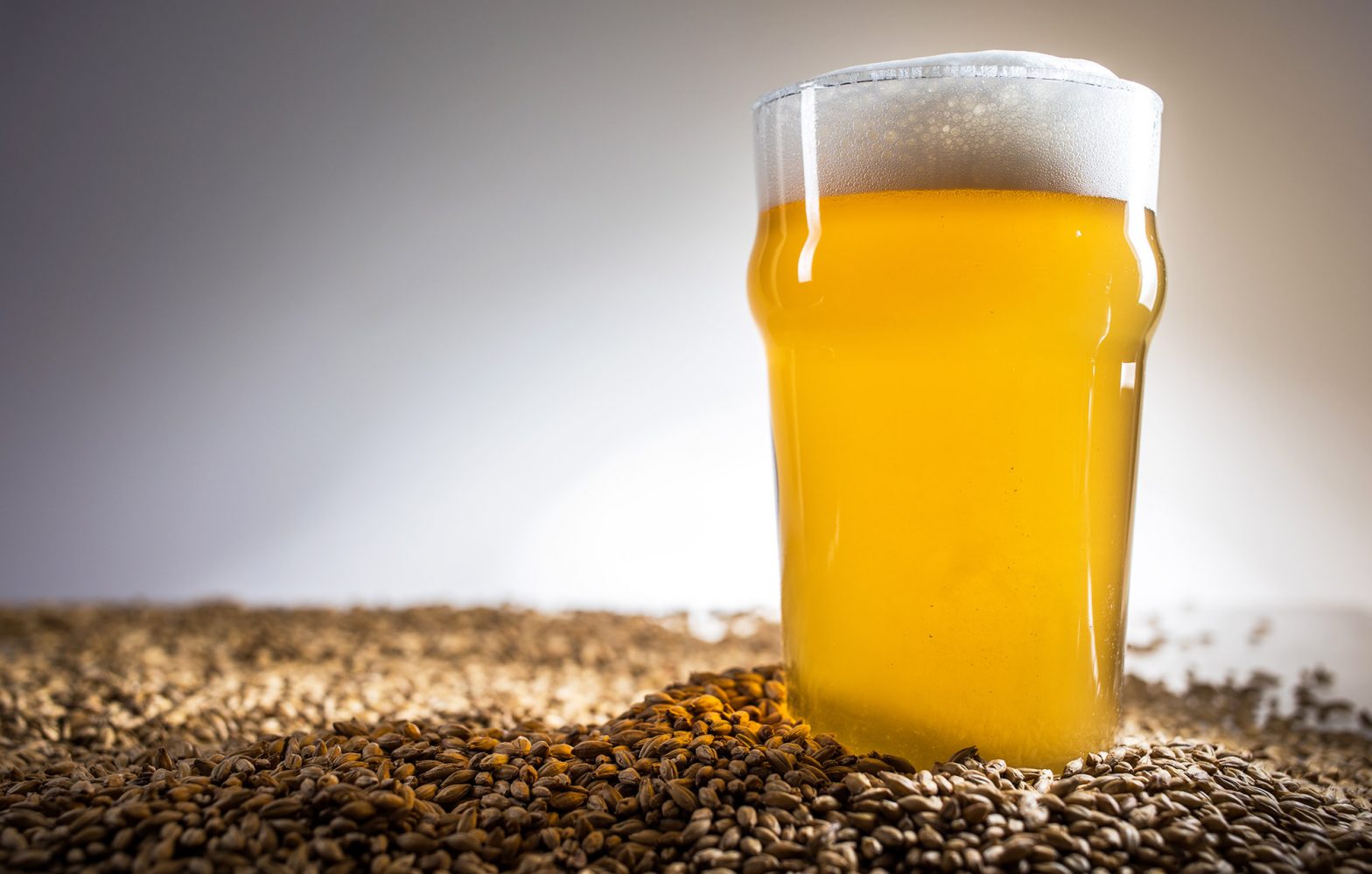There are two ways to brew; through grain and malt extract.
Process of All-Grain Brewing
Equipment needed:
- Grain mill- it helps crush the raw grain before adding it to the mash. However, you can avoid buying this equipment and find a homebrewer store. Most stores offer grinding as an after-sale service.
- Hot liquor tank- when mashing and rinsing (the brewing term is sparging), the grain needs a lot of hot water.
- Mash Tun- the vessel where you will steep your grains
- Lauter Tun- the equipment in which the sugar is obtained and rinsed off the grain,
- Kettle- refers to a converted keg that has a siphon tube. It also has a pot scrubber strainer.
- Source of heat- preferably get a 30,000 BTU burner (propane)
- Immersion Wort Chiller- if you will be using the chill method.
- Sun-drying- large spoon, jug, digital thermometer, hydrometer, test jar, 10 liters pail
The Process
1. Mashing
This step involves soaking the grain in extremely hot water for some time. Soaking in hot water allows enzymes to convert the starch in the grain into sugar. Also, it helps get the flavor and color from the grain.
2. Lautering
This involves separating the sweet wort away from the grain. To do this, you need to use a filter medium between the lauter and grist.
3. Sparging
Once you are done with the mash, you need to rinse the grains. This is done by sparging. There are two ways in which you can sparge; fly and batch. Flying sparging ensures the water drains from the bottom as you add hot water. On the other hand, batch parging is when you drain the mash quickly and immediately add more water to drain again.
4. Boiling
After obtaining your mixture by sparging, the mixture is brought to a boil with a specific temperature rate and within a specified time. As it continues, you will need to add in the hop flavor and aroma.
5. Cooling
You use the wort chiller to cool it since cooking 5 gallons of 70 degrees Fahrenheit boiling wort isn’t easy.
6. Pitch
Add yeast to the wort.

